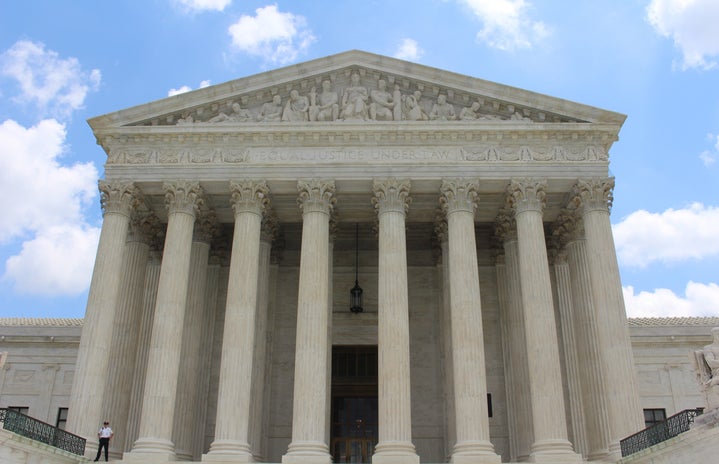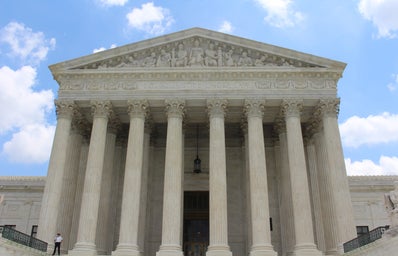With the recent nomination and confirmation of Supreme Court Justice Amy Coney Barrett, I felt it only necessary to go over the facts of Roe v. Wade. Why is this case important? How does Justice Barrett have anything to do with this case? What does the future look like for women’s reproductive freedom?
- Why is this case important?
-
This landmark decision in the US Supreme Court decided in 1973, gave American women the right to access a safe, legal abortion. Before this case, abortions in the United States were illegal. However, this did not mean that they were not still present. Abortions before Roe v. Wade were illegally performed, either by physicians, who risked their careers and criminal prosecution for doing so, or by the women themselves in the most unsafe ways one can think. It is estimated that more than 200 women died per year due to abortions before Roe v. Wade. Another thing that needs to be considered is the location of these women seeking an abortion. It was easier for those in urban cities to find a physician who was able to perform the procedure than women inhabiting rural areas. A loss of Roe v. Wade protecting those women seeking an abortion would, in turn, mean a loss of women’s lives due to unsafe conditions of abortions performed illegally.
- What does Justice Barrett have to do with Roe v. Wade?
-
Justice Barrett has a long history of far-right sentiments that she places on her religious values and morals. Barrett’s views on gun rights, same-sex marriage, and the Affordable Care Act lead many to believe that the Justice will rule similarly in a decision about Roe. In one ad that Barrett signed, Roe v. Wade was called a “barbaric legacy.” Barrett also mentioned that she does not consider Roe to be a “super-precedent” case, meaning no individual could ever overturn it because of it being incorporated into the law for so long. Because of her statement that not many Americans have accepted this ruling, we are left to believe that Barrett will strike down on this case—potentially overruling it. Not only does Barrett openly oppose abortion, but she also signed a statement that claimed the Obama administration’s requirement for employers to provide coverage for birth control on employee insurance plans “a grave violation of religious freedom and cannot stand.” She places blame on her Catholic religion for her sentiments on birth control and abortion. But should that mean she should decide what other women do with their bodies? I know that I don’t think so.
- What does the future look like for women’s reproductive rights?
-
Because of the sentiments shared by Barrett about Roe v. Wade and employee birth control coverage, many are left to believe that their reproductive rights are in danger. Typically, those in favor of making it illegal to obtain an abortion are also going to be against Planned Parenthood, which provides birth control, cancer screenings, STD testing, and much more for Americans. An overturn of Roe v. Wade could lead to a defunding or closure of Planned Parenthood, which could threaten the reproductive justice of so many Americans. Many American women are going to be deprived of their right to choose and autonomy over their own bodies.
Abortion is healthcare. Birth control is healthcare. And if you don’t agree with abortions, then don’t have one. If you don’t agree with birth control, don’t get it. But just because you don’t personally want one or agree with them for yourself does not mean that you have the right to govern other people’s bodies. Women deserve a choice and deserve to decide what happens to their own bodies.



